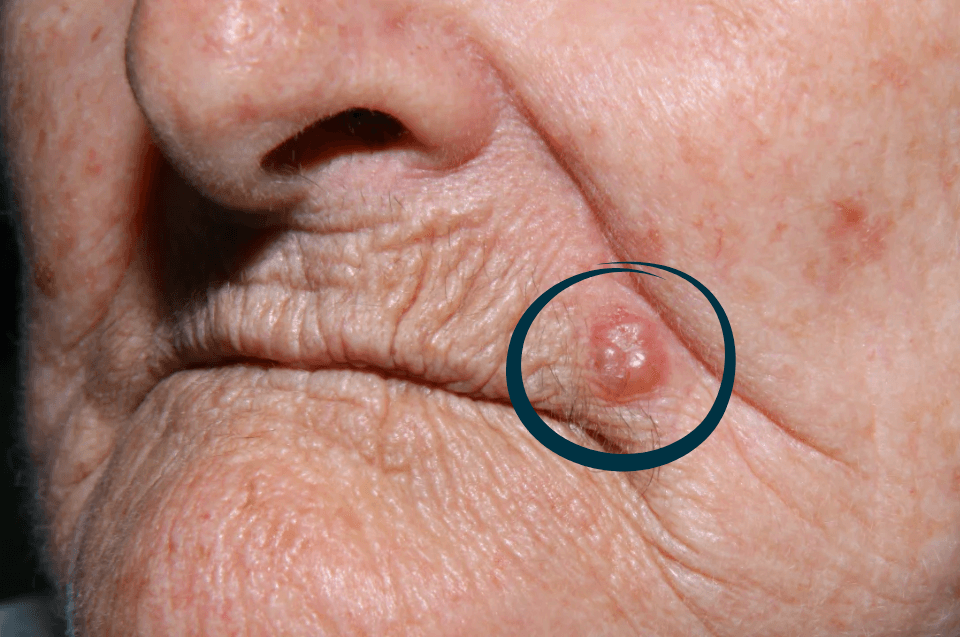Dysthymia, currently referred to as Persistent Depressive Disorder in the DSM-5 (Diagnostic and Statistical Manual of Mental Disorders), is a chronic and continuous form of depression. Unlike major depression, which usually occurs in more intense episodes, dysthymia is characterized by milder symptoms that last for at least two years (or one year in children and adolescents).
Symptoms of Dysthymia
The symptoms of dysthymia are similar to those of major depression but are more subtle and persistent. The main symptoms include:
Depressed mood most days
Low self-esteem
Lack of hope
Constant fatigue
Difficulty concentrating
Changes in sleep patterns (insomnia or excessive sleep)
Changes in appetite (loss of appetite or overeating)
Difficulty experiencing pleasure in day-to-day activities
Because it’s a long-lasting condition, many people with dysthymia end up getting used to the depressive state and think “that’s just the way I am,” which makes diagnosis more difficult.
Causes and Risk Factors
The exact causes of dysthymia are not fully known, but it’s understood to involve a combination of factors:
Genetic: A family history of depression increases the risk.
Chemical: Changes in brain neurotransmitters, such as serotonin and dopamine.
Psychosocial: Trauma, chronic stress, emotional loss, and dysfunctional family environments may contribute.
Diagnosis
Diagnosis is clinical and must be made by a psychiatrist or psychologist, based on the duration and intensity of symptoms. The condition must persist for at least two years (with few or no symptom-free periods) to be classified as dysthymia.
Treatment
Dysthymia can be successfully treated, especially when diagnosed early. Treatment approaches include:
Psychotherapy: Especially cognitive-behavioral therapy (CBT), which helps to change negative thought patterns.
Antidepressant medications: Such as selective serotonin reuptake inhibitors (SSRIs), depending on symptom severity.
Lifestyle changes: Regular physical activity, adequate sleep, and a balanced diet.
Living with Dysthymia
Since it is a chronic condition, ongoing care is important. With continuous treatment, many people with dysthymia can lead functional lives with improved emotional well-being.
Conclusion
Dysthymia is a form of depression that is often underestimated, yet it can deeply affect a person’s life. If you or someone close to you has been experiencing constant sadness and loss of interest for a long time, seek professional help. With proper support and treatment, it is possible to regain well-being.



